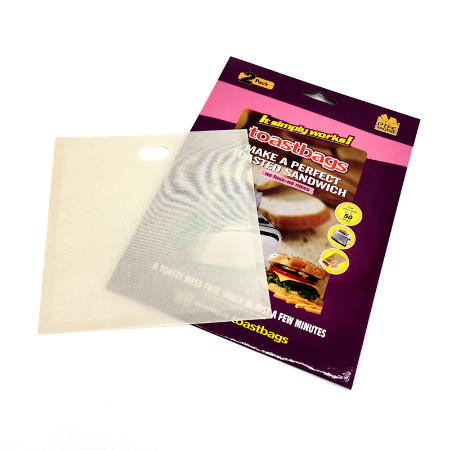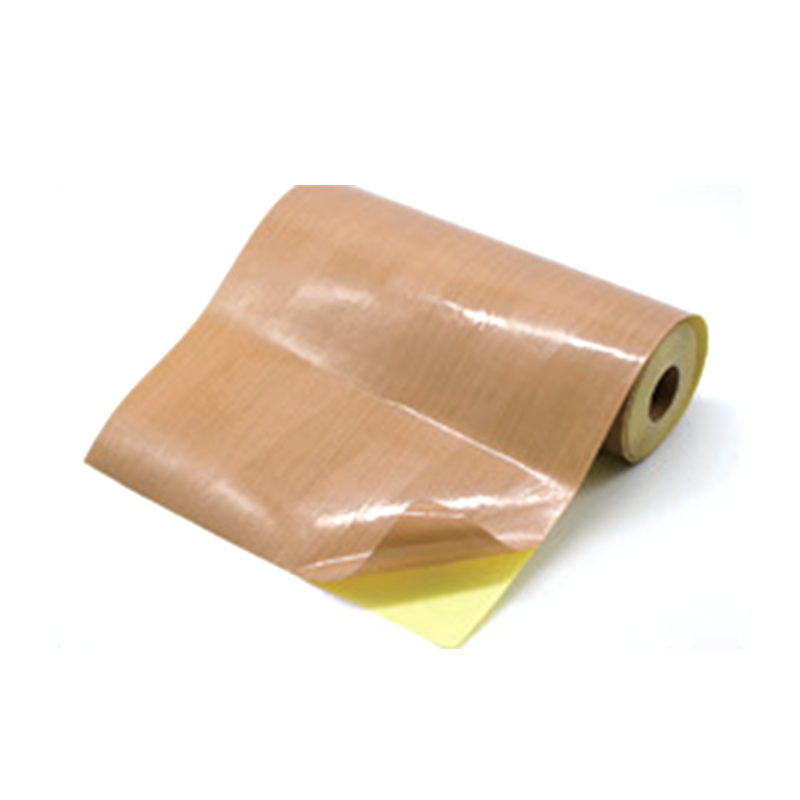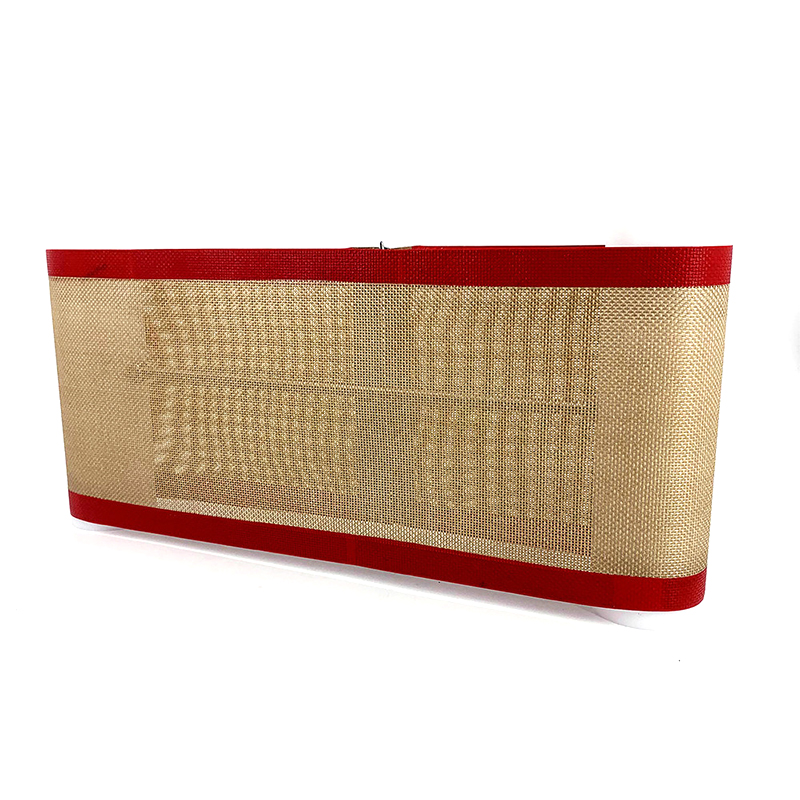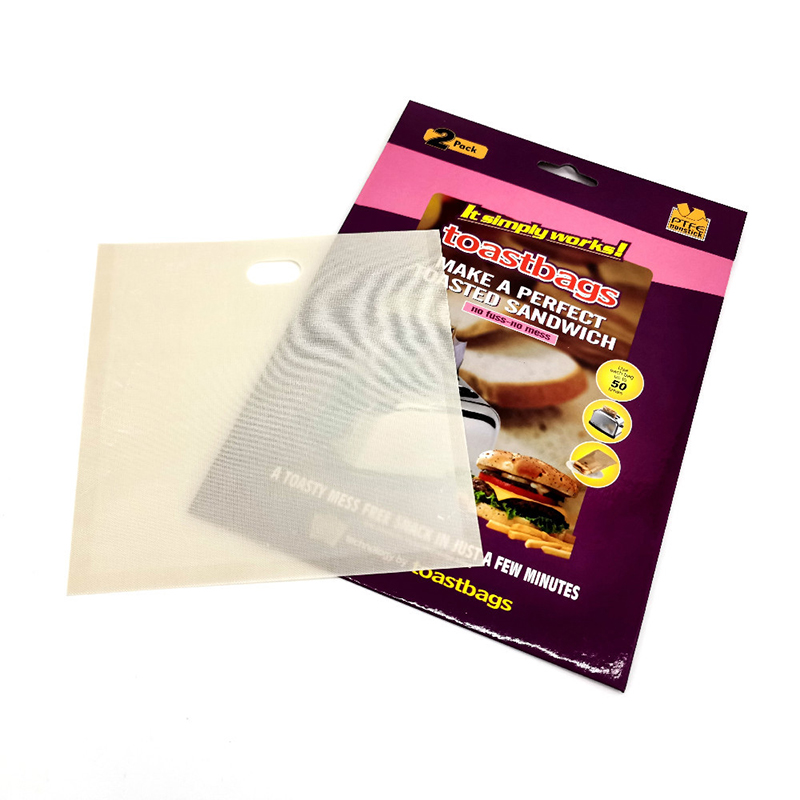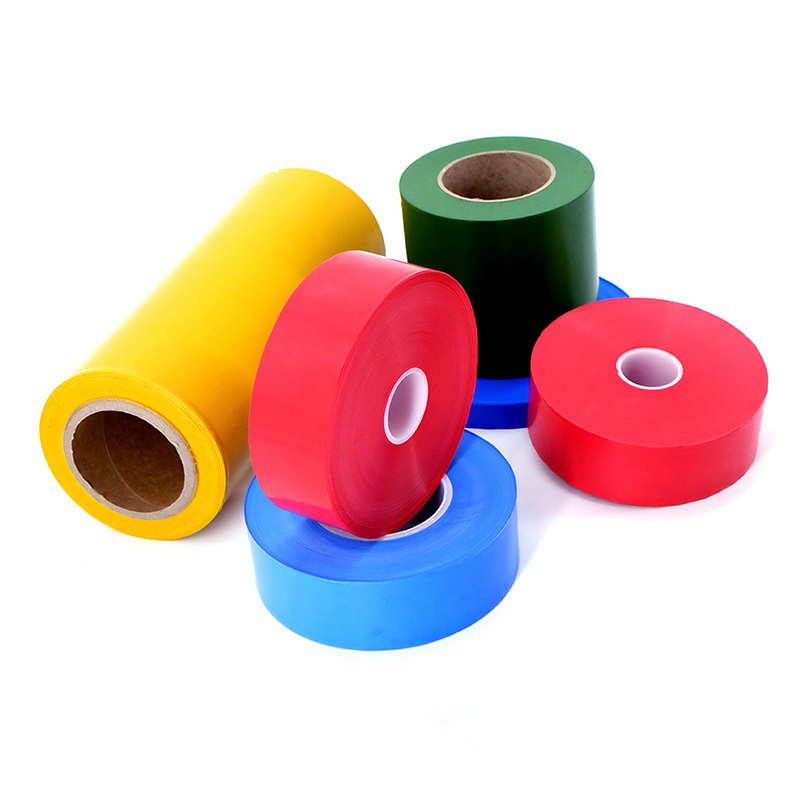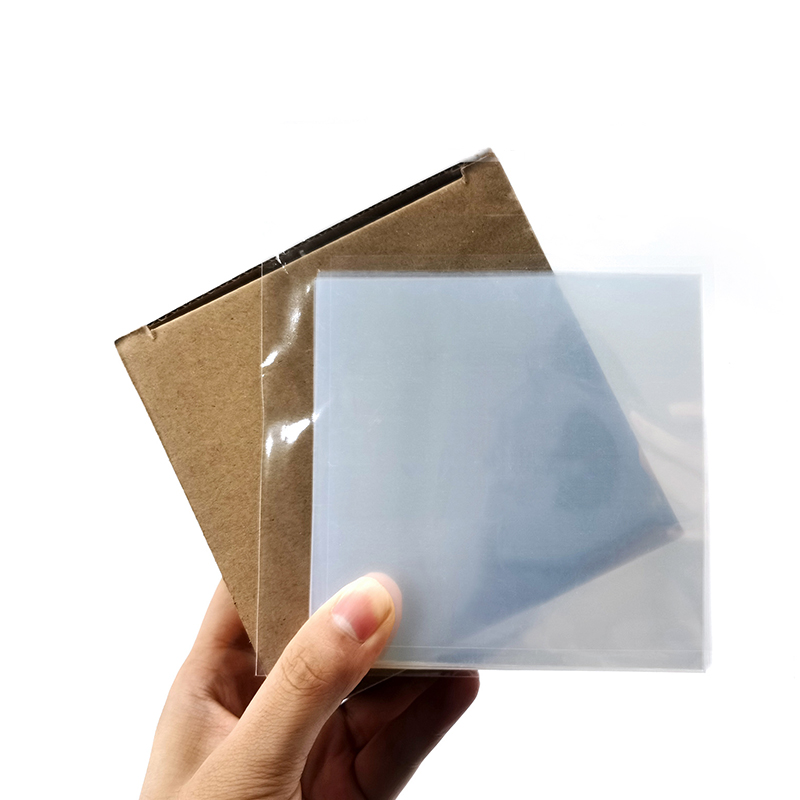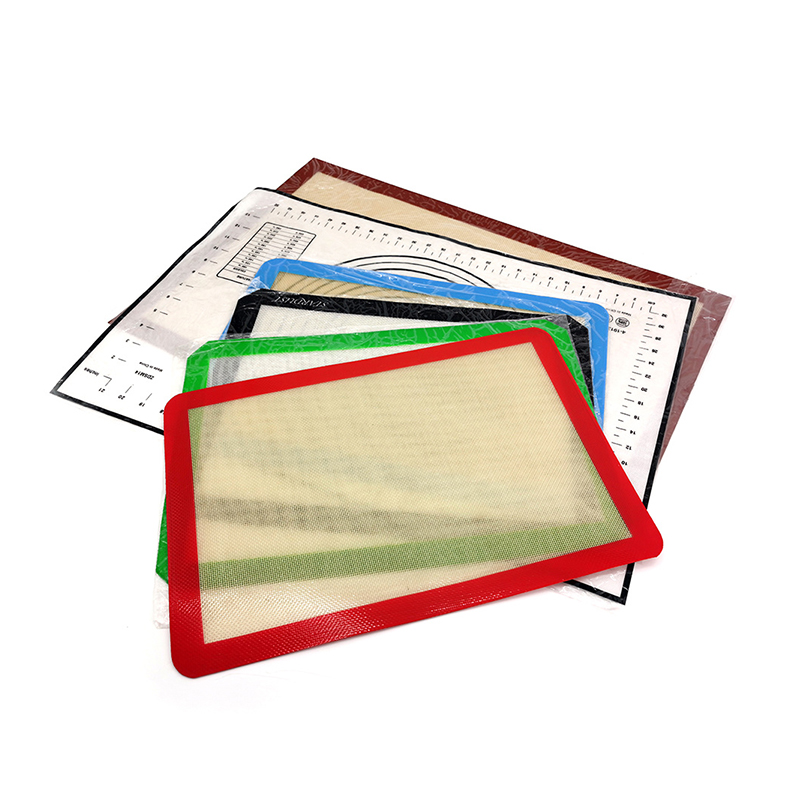Deep Dive: Applications and Selection Guide for PTFE Film in Key Sectors
Introduction: The "Wonder Material" of High Performance - PTFE Film
PTFE (Polytetrafluoroethylene) film, with its unique chemical structure, has become an indispensable high-performance engineering plastic in modern industry. It combines a variety of excellent properties: outstanding high-temperature resistance, allowing it to work stably at up to 260°C; exceptional chemical inertness, making it resistant to almost all chemical attacks; a very low coefficient of friction, providing excellent non-stick and self-lubricating characteristics; and superior dielectric properties, making it an ideal material for the electronics and electrical sectors. These combined advantages have made PTFE film play a crucial role in various high-tech fields such as electronics, medicine, and aerospace.
I. The "Performance Guardian" of High-Frequency PCBs: Precision Application of PTFE Film
In the era of 5G, IoT, and high-speed computing, high-frequency printed circuit boards (PCBs) face unprecedented technical challenges. To ensure signal integrity and transmission speed, the substrate material must have a very low dielectric constant (Dk) and a minimal dissipation factor (Df). Even a slight loss in the material can lead to signal attenuation, affecting device performance. PTFE film is the ideal solution to this problem. Its inherent low dielectric loss properties minimize energy loss during signal transmission, ensuring a clear and stable signal. As a result, PTFE high-frequency substrates are widely used in critical applications like radar systems, satellite communications, mobile communication base stations, and high-speed data processing equipment, serving as the "guardian" of modern electronic device performance.
II. The "Safety Guard" in Harsh Environments: The Value of PTFE Film in Cable Insulation
In certain working environments, such as high temperatures, chemical corrosion, or high pressure, ordinary insulation materials can easily age, crack, or fail, posing significant safety risks. With its excellent properties, PTFE film acts as the ideal "safety guard" for these harsh environments. Its heat resistance ensures that cables remain stable at continuous operating temperatures of up to 260°C; its chemical inertness makes it virtually immune to acids, bases, solvents, and other chemicals; and its high dielectric strength effectively prevents electrical breakdown. These characteristics make PTFE-insulated cables irreplaceable in key sectors like aerospace vehicles, nuclear power plants, oil drilling equipment, and high-temperature industrial furnaces, guaranteeing the reliability of equipment and the safety of personnel.
III. A Convenient and Fast "Bonding Solution": The Unique Advantages of PTFE Film with Adhesive Backing
Pure PTFE film's extremely low surface energy makes it difficult to bond with other materials, causing inconvenience in installation and use for many applications. However, through special chemical treatment and surface modification, it can be perfectly combined with high-performance adhesive backing to form PTFE film with adhesive backing. This innovative product completely solves the bonding problem of traditional PTFE film, greatly simplifying the installation process and improving application efficiency. PTFE film with adhesive backing is widely used in industrial equipment for non-stick, anti-corrosion, and wear-resistant applications, as well as for reducing friction as a guide rail liner, providing users with a convenient, fast, and reliable "bonding solution."
IV. A Must-Read for Material Selection: A Comprehensive Comparison of Skived vs. Extruded PTFE Film
The performance of PTFE film is closely related to its manufacturing process, which is mainly divided into two types: skived and extruded. Taizhou Yaxing Plastic Industry Co., Ltd., as an expert in the field of PTFE products, has been dedicated to the development and production of PTFE products since 1995. The company possesses advanced equipment, such as high-precision film spinning equipment from Europe and wide-width rapier looms from Dornier, Germany, enabling it to provide a variety of high-quality PTFE films to meet the diverse professional needs of its customers.
- Skived Film: This process involves cutting pre-sintered PTFE cylinders into rolls on a special machine. Its main characteristics are uniform thickness and good mechanical strength, making it suitable for applications that require high dimensional accuracy, such as gaskets, liners, and insulation materials.
- Extruded Film: This process involves heating and plasticizing PTFE resin in an extruder and shaping it through a die. It is characterized by continuous production, longer lengths, and generally superior electrical performance. It is widely used in applications that require long lengths and strict dielectric properties, such as cable insulation and capacitor dielectrics.
For your convenience, we have compiled the following comparison:
| Characteristic | Skived Film | Extruded Film |
|---|---|---|
| Manufacturing Method | Skived from a PTFE cylinder | Extrusion molding |
| Thickness | High precision, wide range (0.05-5mm) | Lower precision, usually thinner (<0.1mm) |
| Length | Limited by the cylinder size | Continuous production, longer length |
| Mechanical Properties | Excellent mechanical strength | Slightly weaker mechanical strength |
| Electrical Properties | Good | Superior |
| Typical Applications | Gaskets, liners, mechanical insulation | Cable insulation, capacitor dielectrics |
V. The "Silent Hero" in the Medical Field: The Application of PTFE Film in Gaskets
The medical device industry has extremely strict standards for material selection, requiring materials to have excellent biocompatibility, chemical stability, and to be non-toxic, odorless, and capable of withstanding high-temperature and high-pressure sterilization. PTFE film, with its inherent advantages of inertness, non-toxicity, and chemical resistance, perfectly meets these high standards. It does not react with human tissues or fluids and does not release harmful substances, making it an ideal choice for gaskets in medical devices and earning it the title of "silent hero." PTFE film gaskets are widely used in medical pumps, valves, in vitro diagnostic equipment, and biopharmaceutical containers, effectively preventing fluid leakage and cross-contamination, and ensuring the safety and accuracy of medical procedures.
Conclusion: Looking to the Future, Selecting with Precision
PTFE film, with its outstanding comprehensive performance, plays an irreplaceable role in several key fields. From high-speed transmission in electronic devices and safety protection in harsh environments to strict compliance in the medical field, the value of PTFE film is continuously being discovered and amplified. In the future, as technology advances and application scenarios expand, the use of PTFE film will become even more widespread. Taizhou Yaxing Plastic Industry Co., Ltd. is committed to providing high-quality PTFE products to global customers, and we encourage you to use the selection guide provided in this article to choose the most suitable PTFE film product for your specific needs.



 English
English Español
Español русский
русский
